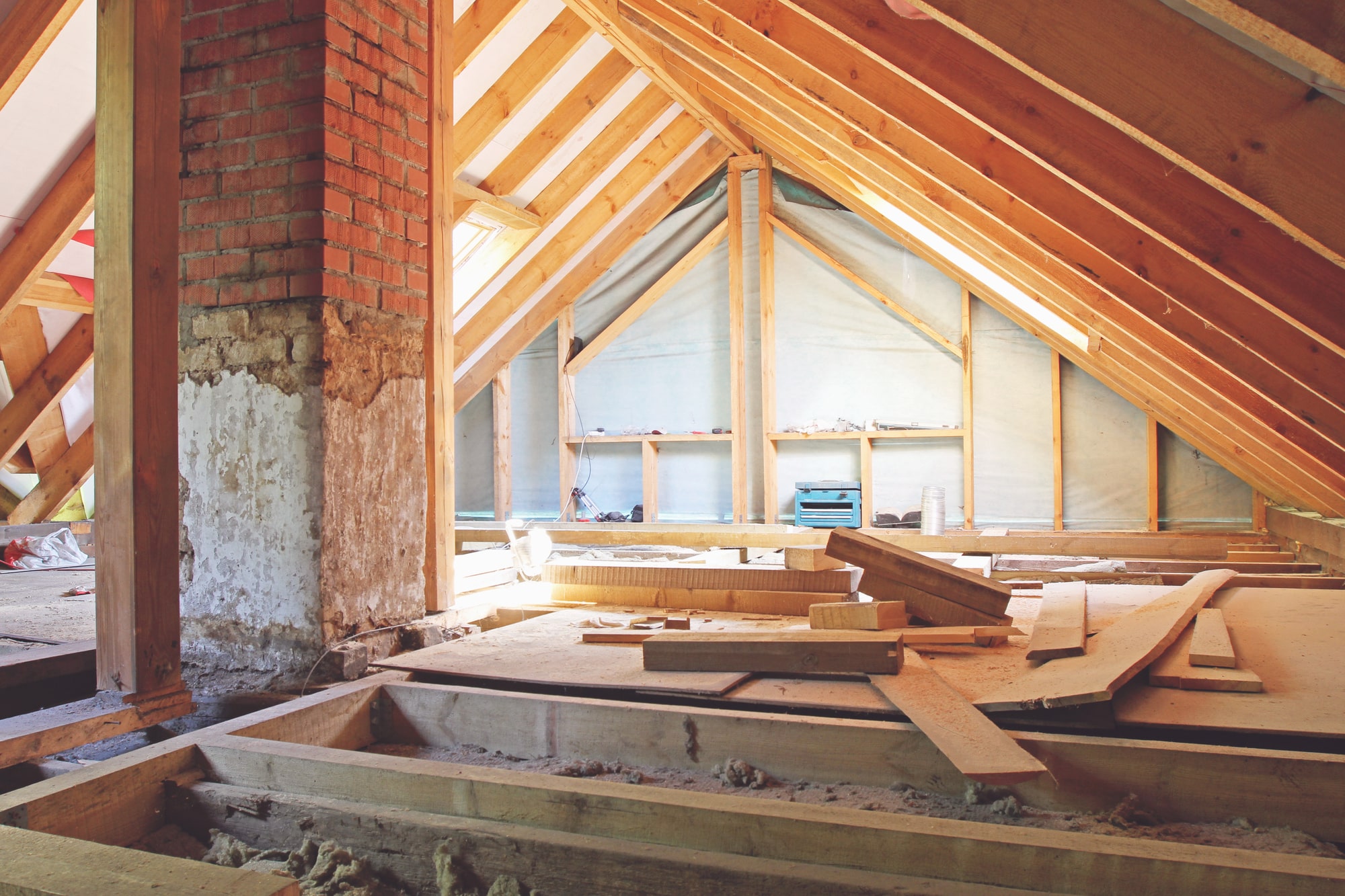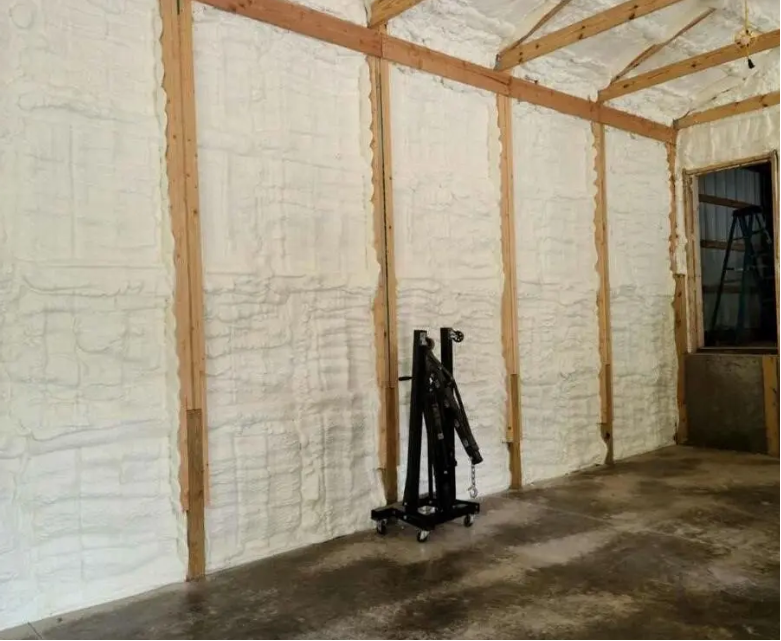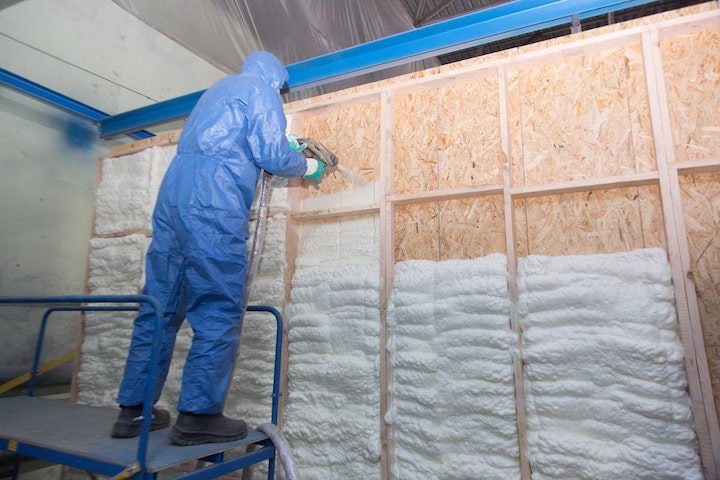- Call Us : (647) 372-0154
- [email protected]

As a homeowner or business in Toronto, ON, you’re likely seeking comfort and cost savings when it comes to your property. Unwanted drafts, high energy bills, and the unsettling feeling that your home isn’t energy-efficient are common concerns. You don’t deserve any of this.
At Efficiency Spray Foam Insulation, we get it. We’ve seen firsthand how the right attic insulation can transform a space. That’s why we’re dedicated to providing the best insulation for attic spaces, tailored specifically to each customer’s needs.

Understanding Your Unique Needs
Before we even think about insulation, we conduct thorough assessments of each home or business. We understand that every building is unique, and so are its insulation needs.
From air sealing to moisture management, ventilation, and hatch insulation, we ensure every critical step is covered to provide the best insulation for your property.
Environmentally Friendly Materials
Our commitment to quality extends to our choice of materials. We use insulation products that are not only effective but also environmentally friendly.
These materials help improve indoor air quality by reducing the potential for mold and allergen penetration, something that’s as good for the planet as it is for your health.


Exceptional Energy Efficiency Benefits
Choosing the top attic insulation company in Toronto, ON means enjoying numerous benefits, including:
Reduced Energy Bills
Our insulation helps keep your home warmer in winter and cooler in summer, leading to significant savings on heating and cooling.
Increased Comfort
This technology seals gaps and crevices, preventing unwanted air exchange and enhancing indoor comfort.
Sound Proofing
Beyond temperature control, spray foam insulation also helps reduce noise pollution, making your environment quieter and more serene.
Make a Smart Choice Today with Efficiency Spray Foam Insulation
Getting started with the leading attic insulation company in Toronto, ON, is as easy as 1-2-3:
- Reach out to us to discuss your needs and schedule an assessment.
- Let our experts identify the best insulation strategy for your home.
- Experience improved comfort, lower energy bills, and a healthier indoor environment.
Avoid the mistake of ignoring your attic’s insulation needs. Poor insulation leads to higher energy costs, discomfort, and potential health risks due to poor air quality. Choosing Efficiency Spray Foam Insulation means investing in a comfortable, energy-efficient future for your home or business.
Our Past Customer Google Reviews
Frequently Asked Questions
Attic insulation is crucial for maintaining a comfortable indoor temperature by preventing heat loss in winter and heat gain in summer. It also helps in reducing energy bills and contributes to the overall energy efficiency of your home.
Common insulation types for attics include fiberglass, cellulose, and spray foam. The choice depends on factors such as budget, local climate, and personal preferences.
Check the existing insulation levels. If you can see the ceiling joists, it’s likely that you need more insulation. Additionally, if your energy bills are high or your home temperature is inconsistent, your attic may need additional insulation.
Insulation generally has a long lifespan, but factors like moisture, pests, or damage can impact its effectiveness. Regularly inspect your attic and replace insulation if you notice any issues.
While some homeowners choose to install insulation themselves, hiring a professional is recommended for optimal results. Professionals have the expertise to ensure proper installation and adherence to safety standards
The recommended insulation level varies depending on your location and climate. The U.S. Department of Energy provides guidelines, and a professional insulation contractor can help determine the appropriate R-value for your specific situation.
R-value measures the insulation material’s ability to resist heat flow. The higher the R-value, the better the insulation’s performance. Different regions have different recommended R-values, so it’s important to choose insulation that meets local standards.
Properly installed attic insulation reduces the workload on heating and cooling systems, leading to lower energy consumption. This, in turn, helps lower energy bills and decreases your home’s environmental impact.
While attic insulation itself may not prevent moisture issues, it can help manage them. Adequate ventilation, vapor barriers, and proper insulation installation work together to minimize the risk of moisture-related problems in the attic.
Yes, attic insulation can provide some level of soundproofing by absorbing sound waves. However, for more effective sound control, additional measures like acoustic insulation or specialized soundproofing materials may be necessary.
